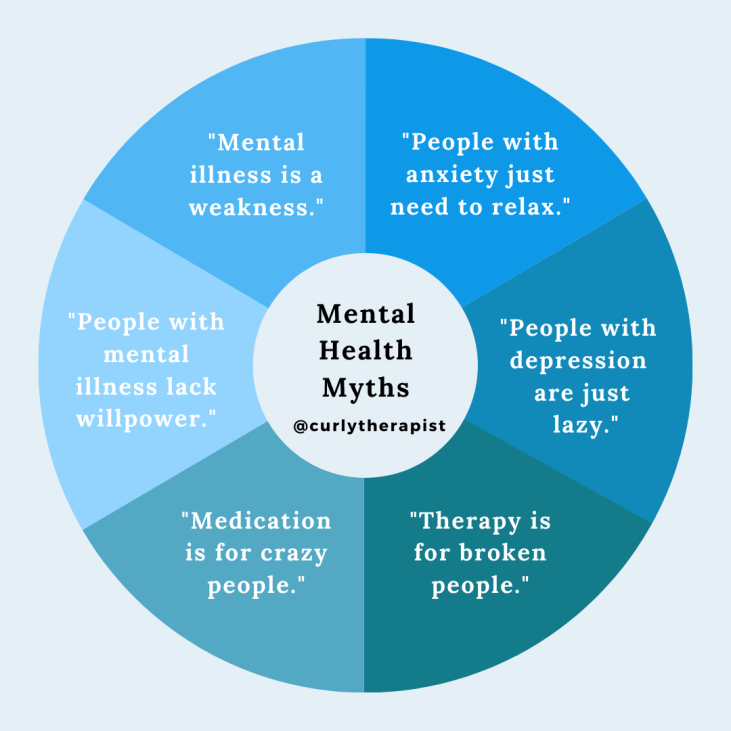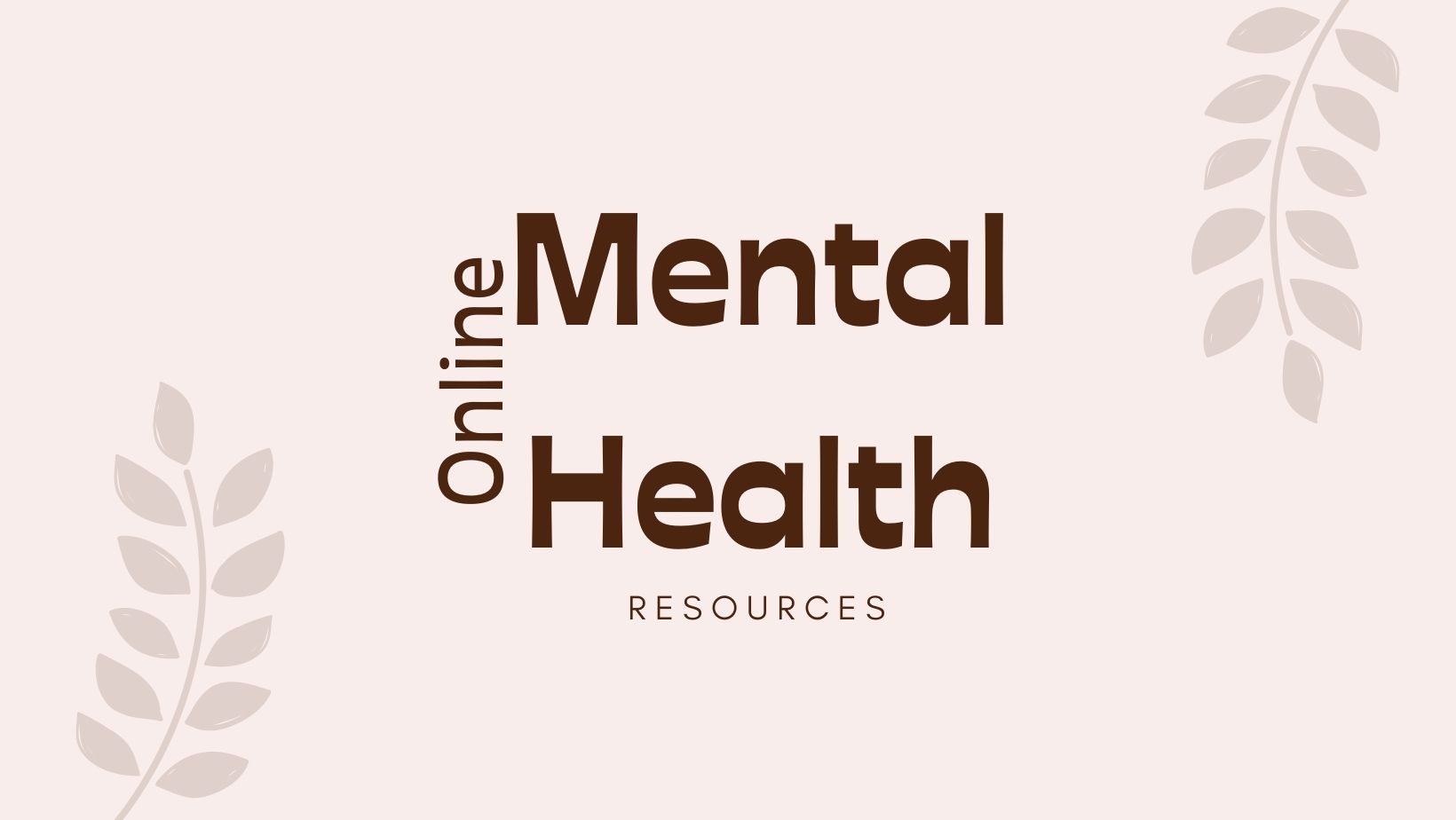Introduction: How Volunteering Affects Mental Health.
Volunteering has been long known to provide powerful defense against negative mental well-being. Giving back to the community, selflessly, is not only beneficial to those you are supporting, but it has a huge positive impact on the mental health of the volunteers. This section goes into the psychological benefits of volunteering, what it does for our sense of purpose, fulfillment and emotional resilience.
Benefits of volunteering for mental health
Volunteering has been shown to have numerous positive effects on mental health, including:
- Reducing feelings of depression and anxiety: The UnitedHealth Group found that 76 percent of people who volunteered had less stress in the last 12 months and 94 percent said volunteering improved their mood.
- Increasing self-esteem and confidence: Volunteering can offer a sense of accomplishment and boosts self worth through helping others and adding a bit of value to whatever they are doing.
- Providing a sense of purpose: Volunteering gives people a feeling that they are doing something worthwhile — someone or thing to care about; individuals have purpose and purpose in life.
- Building social connections: Volunteering gives you many opportunities to meet, connect and develop lasting strong and supportive connections with people that will combat the feelings of loneliness and isolation.
Volunteering: The Way to Emotional Resilience.
Emotional resilience is the capacity to handle life’s stress, hardship and adversity. It’s about having a positive attitude, being able to change, having mental health even when things are hard. Volunteering can contribute to emotional resilience in several ways:
- Developing new skills: Volunteering gives people the opportunity to learn new skills, and gain valuable experience for example, which helps build confidence and helps people to better deal with difficult situations.
- Fostering gratitude: Giving back doesn’t just give back, it creates feelings of gratitude which have been correlated to healthier mental health and greater emotional resilience.
- Providing a sense of control: Having the control in your actions and the ability to effectively impact other people is a sense of control for individuals who volunteer themselves. It can help them to feel like they’re in some kind of control of their lives or their emotions.
A Powerful Tool for Mental Well Being: Why Volunteering
Volunteering is more than helping people: it can offer the potential to transform mental health for volunteers too. A part of volunteering is engaging in acts of kindness and the time and energy being put into causes they believe in, volunteers acquire a wealth of psychological benefits which improve overall wellbeing.
The effect of volunteering on mental health.
It’s been long understood that volunteering has powerful, potent defenses against negative mental well being. Not only does giving back to the community, selflessly, benefit those you are supporting, but it has huge positive effects on the mental health of the volunteers.
The second part of this section starts talking about some of the psychological benefits of volunteering and what it can do for our sense of purpose, fulfillment and emotional resilience.
A Powerful Tool for Mental Well Being: Why Volunteering
Volunteering is more than helping people: Despite this, it can also provide the opportunity to change mental health for volunteers as well. Volunteers undertake acts of kindness, as well as dedicate a chunk of time to causes they believe in; and volunteering is a mine of psychological benefits which lead to an all round wellbeing.
How it drives Purpose and Fulfillment
Acts of Kindness – Finding Meaning
Volunteering can complete our time on earth by writable to a person and bring meaning and purpose to our life. Helping people in need is a great way to get a sense of purpose and fulfillment too, in helping them with that slender ray of hope.
The Effect of Volunteering on Depression
Fighting Loneliness by Social Connections
Often time volunteering involves teaching and conversing with people who are definitely useful for people who are going through depression as well as people who feel lonesome. Social support, make you feel like you belong and help relieve depression and overall mental wellbeing can be provided locally through volunteering too.
Effect of Volunteering on Emotional Resilience
Giving Back: The Emotional Well Being strengthened by How
By volunteering, people can find ways to broaden emotional resilience to include the ability to develop coping skills, empathy and compassion. Doing good and helping people can be an opportunity to help yourself feel better and build resilience against all the shitty emotions.
Volunteering: Natural Antidote to Burnout and Compassion Fatigue
Volunteering can double as a natural antidote to the ‘burnout and compassion fatigue’ that is all too common within many helping and caregiving roles. Volunteer work in extra roles of people help them to preserve their passion in providing helps to others and saves themselves from emotional exhaustion.
Volunteering and Mental Health Improvement: The Science Behind It
Neurochemistry: Improve Your Mood by Helping Others
A little research would show that when you volunteer, feel good neurotransmitters, such as dopamine and oxytocin, are released, leading to a sense of well-being and the bonding with others. The changes in these neurochemicals help to produce a better mood and better mental well being.
Where and How Volunteering Can Increase Your Community Attachment
Creating and enhancing social relationships and social interactionRead More.
Volunteering affords relationships and relations, what creates a feeling of social inclusion and sociability. Volunteering creates relationships which improve on mental health and prevent loneliness since like-minded people are engaged in the same work.
Conclusion
But besides being a form of generosity, volunteering is also an effective way to help oneself feel happier and healthier. Not only, as the findings of the current study highlighted, volunteering can elevate self-esteem, decrease stress, establish meaning of life, and increase general preparedness to emotional turmoil.
It may be worthwhile to take volunteering to the next level and a goal one should always work towards to help keep their mental health in optimum order and to also help others in the process. Therefore, do not wait but get engaged and start volunteering now! By joining our forces, people can achieve the goal of making the world healthier and happier for all citizens.
Providing a sense of purpose: Volunteering allows individuals to feel like they are making a difference in the world, giving them a sense of purpose and direction in life.




